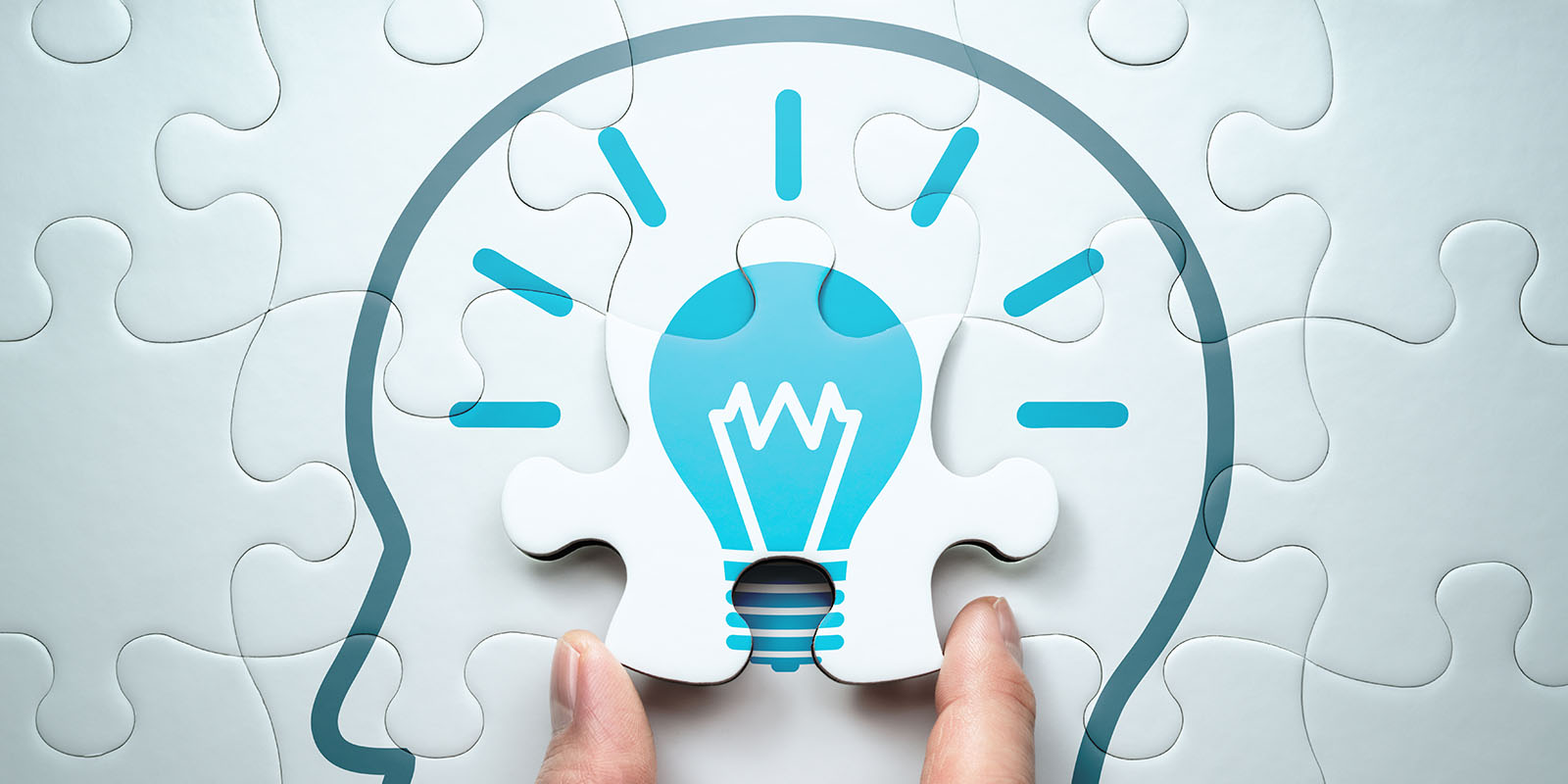There is a good chance you have heard the buzzwords ‘metacognition’ and ‘cognitive sciences’ banded around education circles over the past few years.
But how can teachers use them to their advantage and tangibly help students become more aware of their learning for better outcomes?
In the book How We Teach Now (2017), Carole L. Yue of Covenant College provides several valuable insights to teachers on improving learning metacognition and self-regulation.
The three illusions of learning
“One goal many instructors have is for the students to become better learners; to accomplish this goal, a key skill that students must develop is how to recognise when they need to learn more and what they need to do to complete a task or achieve mastery,” notes Yue.
But in order to help the student form beliefs about their subject understanding and deciding how to respond, Yue recommends “monitoring and control” for teachers. This means being aware of three learning illusions:
- If it is easy to process, then it is easy to learn – Yue suggests that this is “one reason that certain less effective study habits are so persistent.” For example, rereading is not effective for long-term retention, as the student may feel overconfident in their knowledge. “
- “As a result, they will be less likely to engage in cognitive processes that actually could promote long-term learning,” says Yue.
- If I test myself, I should only do it to assess what I’ve learned – Students will attempt to test themselves during study, as they believe it reveals what they still need to learn. This results in the belief that testing is a diagnostic tool, not a means of learning. Therefore, students should “use this technique more frequently or earlier in the learning process to make full use of its benefits,” according to Yue.
- If I know it now, I will know it later – Even though testing is designed to get the right answers, it can lead to metamemory illusion aka conflating learning with performance. Students know that they may forget things in the future but generally “do not have a complete sense of how much or how quickly we forget new information.”
Metacognitive strategies for schools
Even if you have a good understanding of the illusions of learning, how can you help improve student metacognition and self-regulation? Here are some recommended strategies:
- Use self-testing appropriately
- Space out learning
- Vary contexts of learning
- Set specific goals
Teachers also play a pivotal role in presenting and encouraging metacognitive strategies. Examples include:
- Recommend unexplained specific strategies
- Use retrieval practice in the classroom
- Model metacognition
- Provide feedback and encourage reflection
Teachers should also seek feedback from students “to hone their metacognitive accuracy and select appropriate learning strategies.”
While students are ultimately responsible for their own learning, there are steps that teachers can take to make them aware of common errors. It all starts with teachers asking their students about how they themselves teach, as well as making them aware of how they learn.



